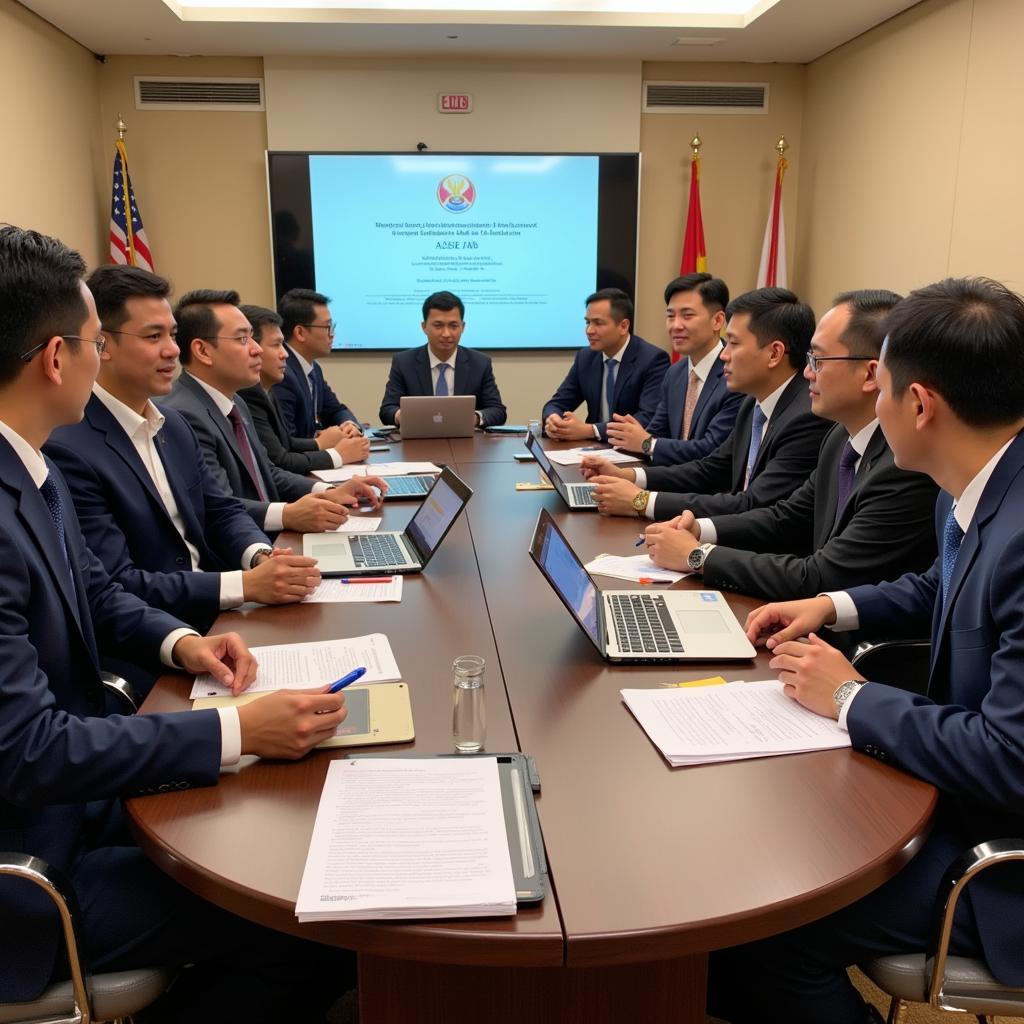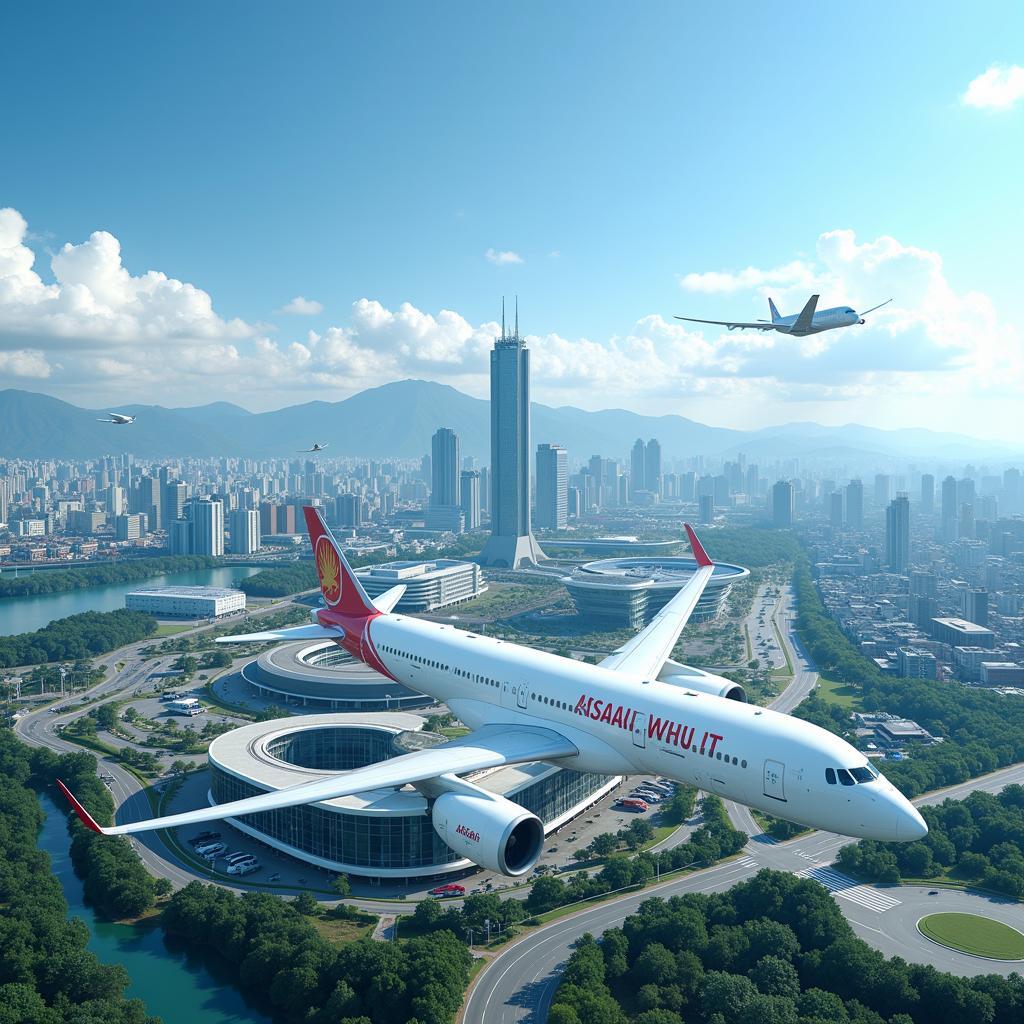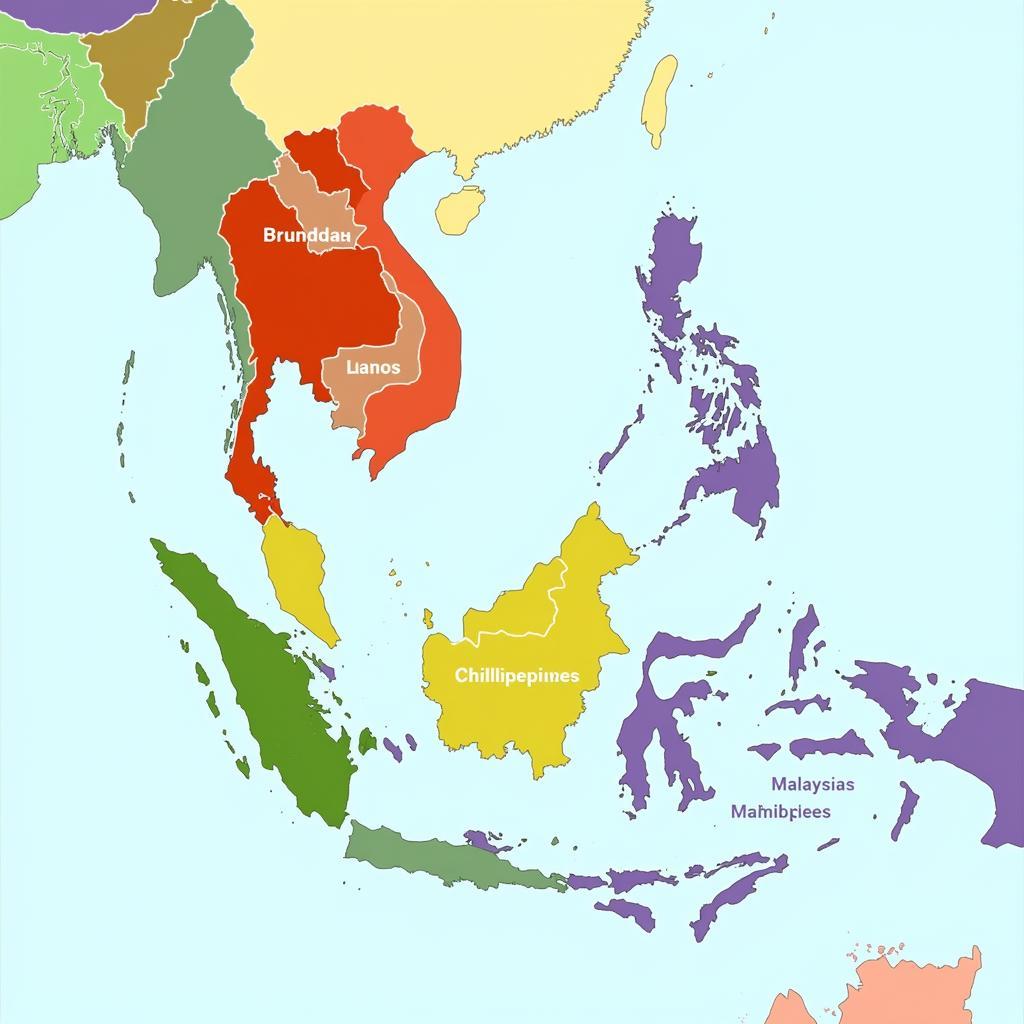ASEAN WMU, or the ASEAN Working Group on Multilateralisation of the Agreement on the Full Liberalisation of Passenger Air Services, plays a crucial role in shaping the future of air travel within Southeast Asia. This group works tirelessly to promote open skies policies and enhance connectivity within the region. Their efforts directly impact the ease and affordability of air travel for both tourists and business professionals alike.
What is the ASEAN WMU and its significance?
The ASEAN WMU is a dedicated body within ASEAN tasked with realizing the full potential of the Multilateral Agreement on the Full Liberalisation of Passenger Air Services (MAFLPAS). This agreement aims to liberalize air travel within the ASEAN region, promoting greater competition, increasing flight options, and ultimately benefiting passengers. The WMU’s role is to oversee the implementation of MAFLPAS, address any challenges that arise, and explore ways to further expand air transport liberalization. Their significance lies in fostering seamless air connectivity, boosting tourism and trade, and driving economic growth within ASEAN.
Why is ASEAN Air Transport Liberalization Important?
The liberalization of air transport within ASEAN has a profound impact on the region’s economy and connectivity. By removing restrictions and promoting open skies, ASEAN countries can facilitate increased trade and investment, stimulate tourism, and enhance people-to-people connections. This open market approach creates a more competitive environment for airlines, leading to lower fares, more routes, and improved service quality for passengers.
 ASEAN WMU Meeting in Progress
ASEAN WMU Meeting in Progress
How Does the ASEAN WMU Operate?
The ASEAN WMU operates through regular meetings and consultations with various stakeholders, including government representatives, aviation authorities, and industry experts. They collaborate to review the progress of MAFLPAS implementation, identify obstacles to liberalization, and develop strategies to overcome these challenges. The WMU also plays a crucial role in coordinating with dialogue partners and international organizations to align ASEAN’s air transport policies with global best practices.
The Benefits of ASEAN WMU’s Work
The work of the ASEAN WMU translates into tangible benefits for travelers and businesses. Increased flight frequencies, more competitive airfares, and improved connectivity between ASEAN destinations make travel more accessible and affordable. This, in turn, boosts tourism, facilitates trade, and strengthens economic ties within the region.
What are the future goals of the ASEAN WMU?
The ASEAN WMU is committed to furthering air transport liberalization within the region. They are exploring new initiatives to enhance cooperation among member states, streamline regulatory frameworks, and promote sustainable aviation practices. Their ultimate goal is to create a truly integrated ASEAN aviation market, enabling seamless travel and fostering greater economic prosperity for all member states.
“The ASEAN WMU is instrumental in driving the growth of the aviation sector in Southeast Asia,” says Dr. Amelia Chandra, a leading aviation economist. “Their efforts have led to significant improvements in air connectivity, making travel easier and more affordable for millions of people.”
Challenges and Opportunities for ASEAN WMU
While the ASEAN WMU has made significant progress, it also faces various challenges. Harmonizing regulations across different member states, addressing infrastructure limitations, and ensuring the sustainability of the aviation sector are key areas of focus. However, these challenges also present opportunities for innovation and collaboration.
“Navigating the complexities of air transport liberalization requires a concerted effort from all stakeholders,” adds Mr. Suharto Wijaya, a senior aviation consultant. “The ASEAN WMU provides a vital platform for dialogue and collaboration, enabling member states to work together to overcome challenges and realize the full potential of open skies.”
 Future Vision of ASEAN Air Travel
Future Vision of ASEAN Air Travel
Conclusion
ASEAN WMU plays a pivotal role in shaping the future of air travel in Southeast Asia. By promoting open skies policies and fostering collaboration among member states, they are creating a more connected and prosperous ASEAN. Their ongoing efforts to further liberalize air transport promise even greater benefits for travelers and businesses in the years to come.
FAQ
- What does ASEAN WMU stand for? ASEAN Working Group on Multilateralisation of the Agreement on the Full Liberalisation of Passenger Air Services.
- What is the main goal of ASEAN WMU? To implement and expand the liberalization of air travel within ASEAN.
- How does ASEAN WMU benefit passengers? By promoting lower fares, increased flight options, and better connectivity.
- What are some of the challenges faced by ASEAN WMU? Harmonizing regulations and addressing infrastructure limitations.
- How does ASEAN WMU contribute to economic growth? By facilitating trade, boosting tourism, and enhancing connectivity.
- Who are the key stakeholders involved in ASEAN WMU’s work? Government representatives, aviation authorities, and industry experts.
- What is the future vision of ASEAN WMU? A fully integrated and sustainable ASEAN aviation market.
Need Help?
Contact us for support: Phone: 0369020373, Email: [email protected] or visit our office at: Ngoc Lien Village, Hiep Hoa, Bac Giang, Vietnam. We have a 24/7 customer service team.

